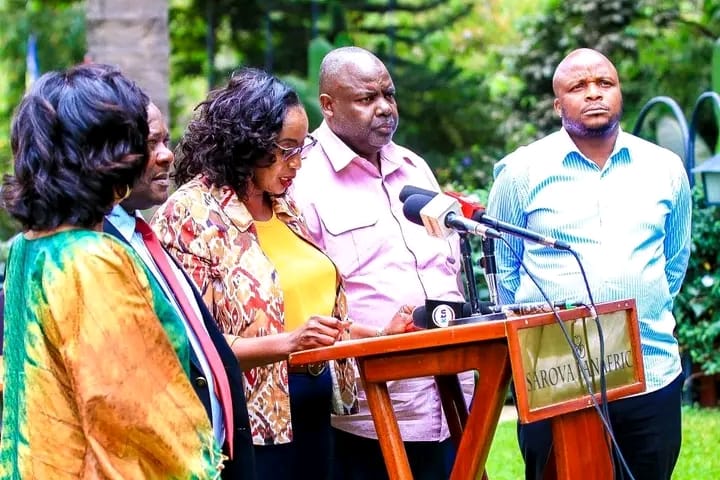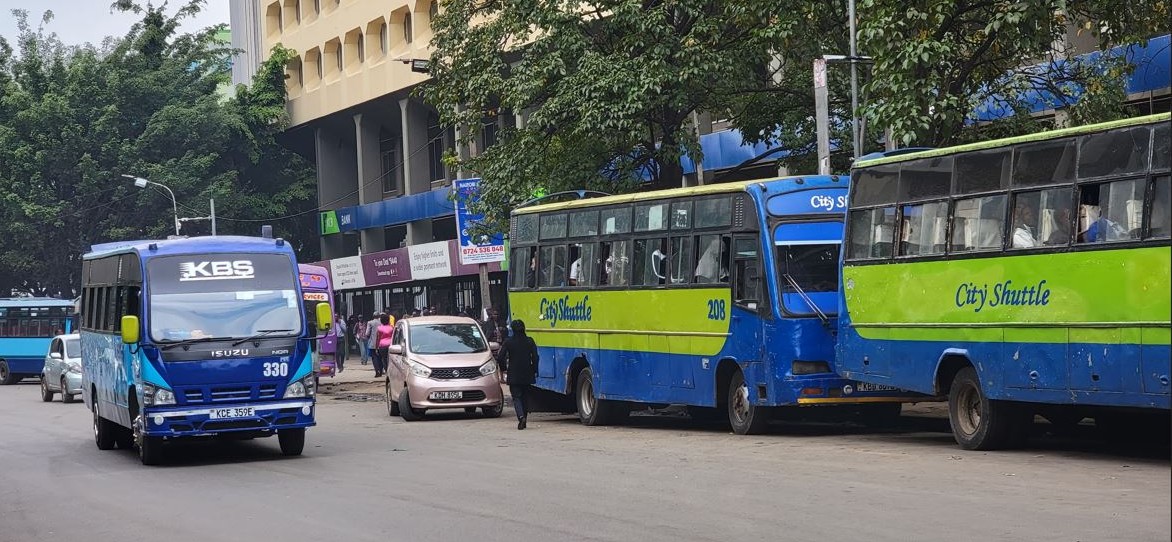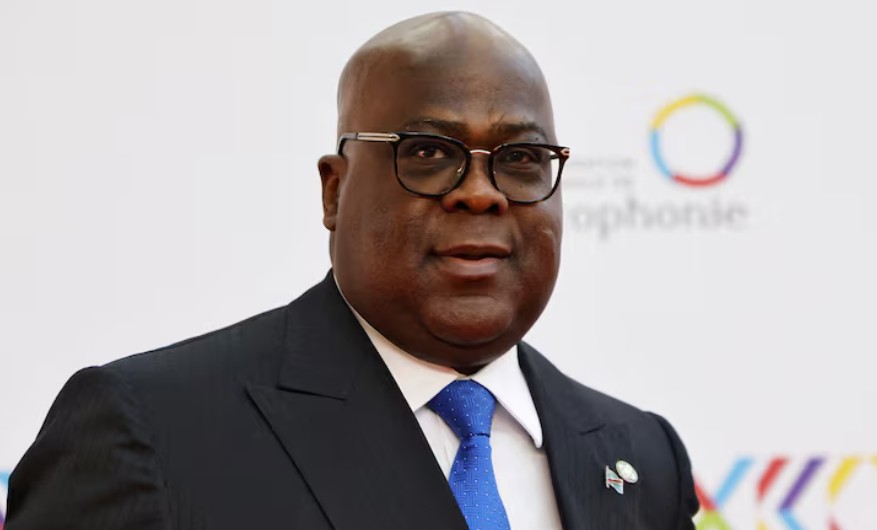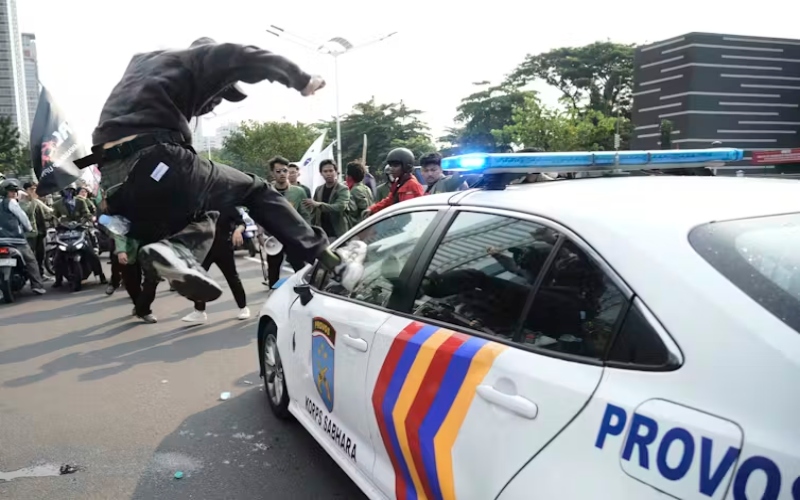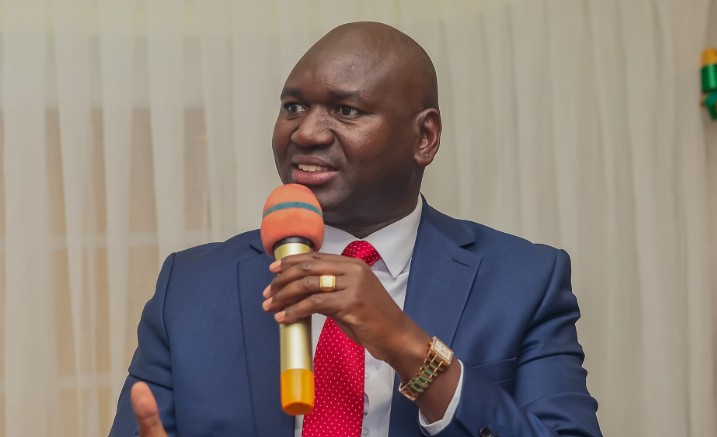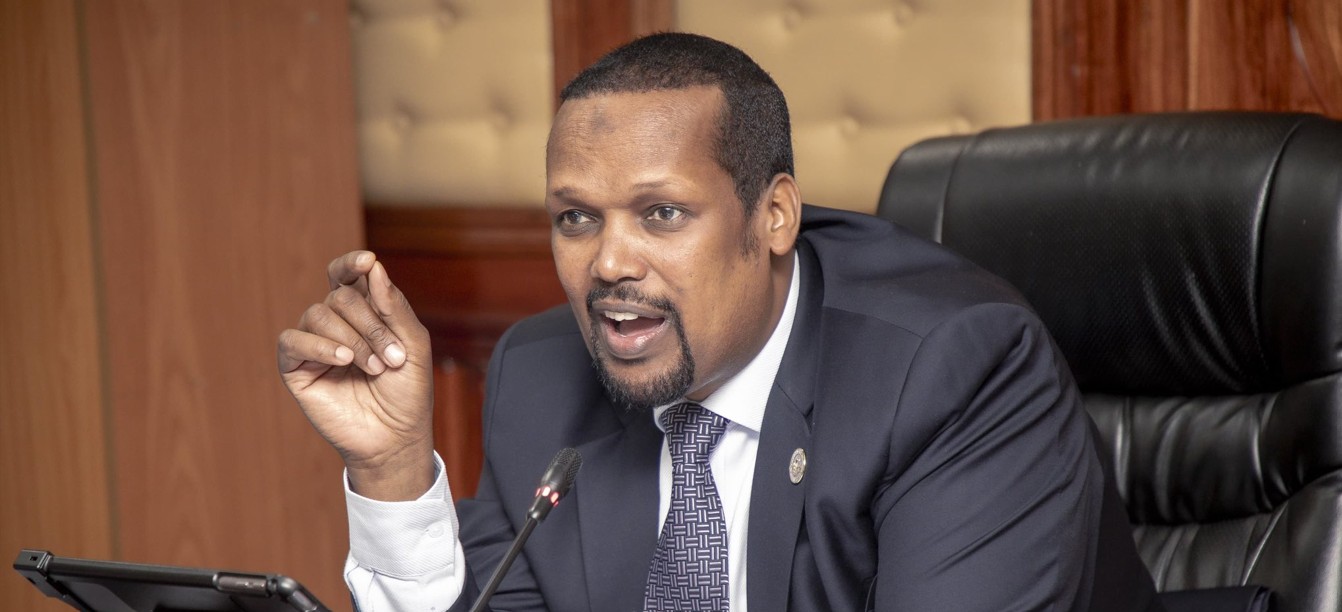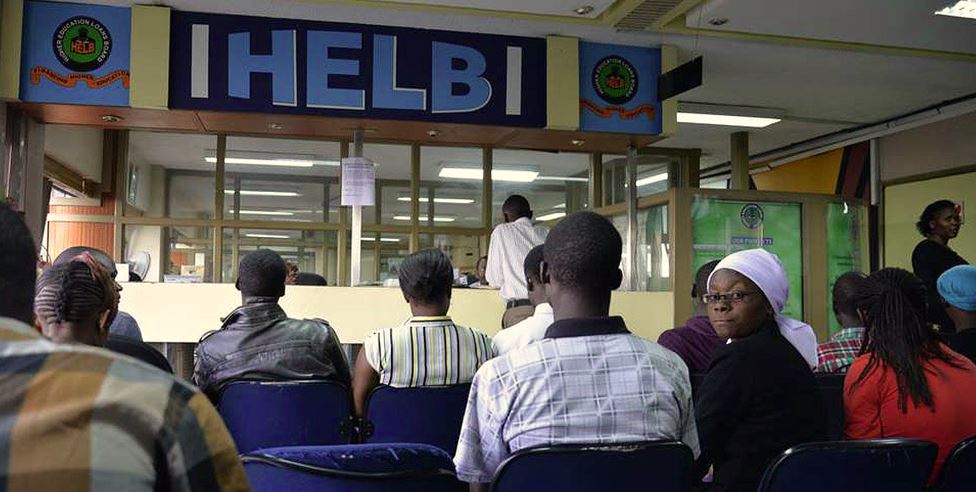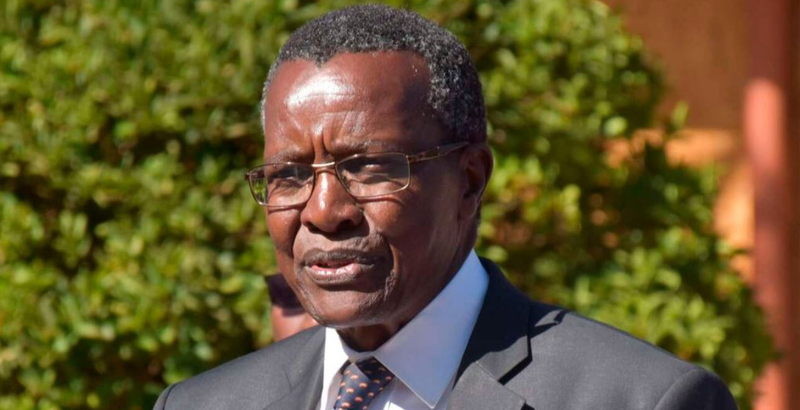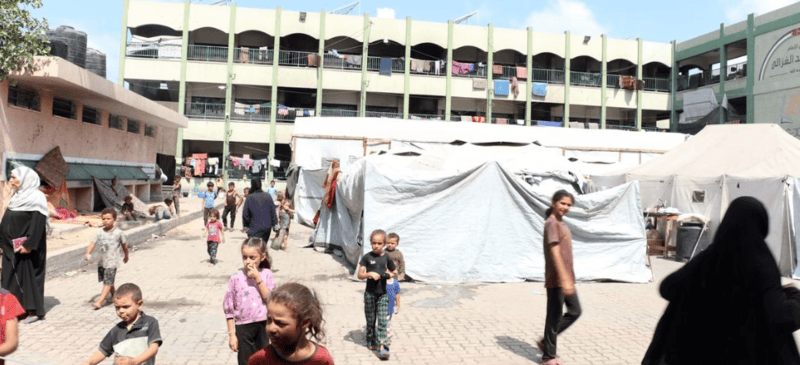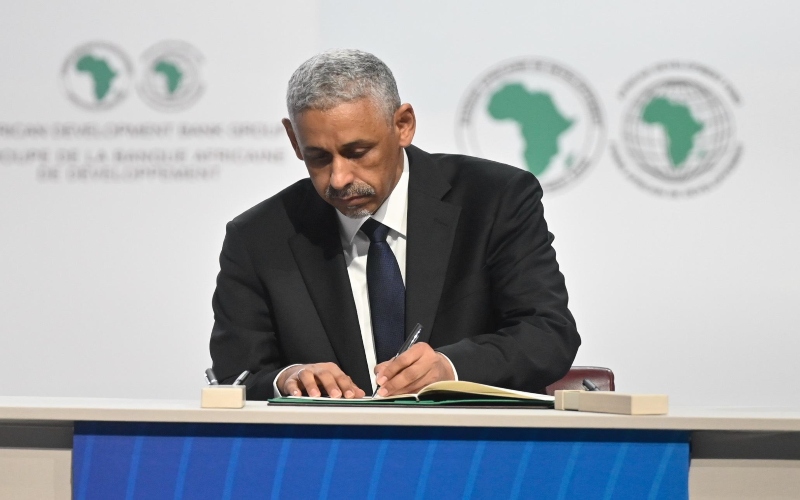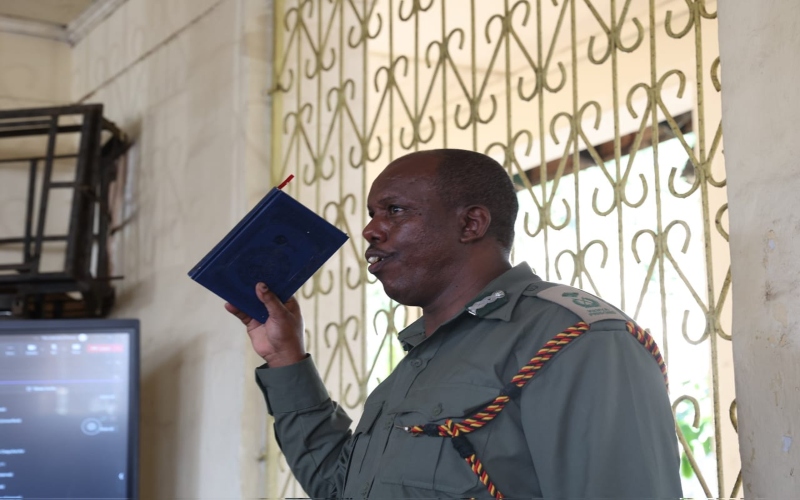DRC says Apple products are 'tainted by the blood of the Congolese people'

A US federal appeals court recently dismissed a lawsuit targeting Apple, Google, Tesla, and other tech giants
Lawyers representing the Democratic Republic of Congo (DRC) government have officially accused tech giant Apple of using "illegally exploited" minerals from the country's troubled eastern region to manufacture its products.
In the cease-and-desist letter sent to Apple, the lawyers based in Paris alleged that the company has been procuring minerals smuggled from the DRC into Rwanda, where they are laundered and incorporated into the global supply chain.
More To Read
- Kinshasa court jails ex-Justice Minister Mutamba over Sh2.5 billion corruption scandal
- DRC’s latest peace deal is breaking down and it isn’t the first – What’s being done wrong
- Inside Islamic State massacres in eastern DRC: Who are the killers and why target civilians?
- DR Congo prosecutor seeks death penalty for ex-President Joseph Kabila
- DR Congo: Rising insecurity in the east impedes diplomatic progress, Security Council hears
- Rwanda rejects Human Rights Watch allegations of backing M23 killings in DRC
"The government will go to any lengths to make the truth known about the Apple supply circuit. The Congolese should no longer die for their own minerals," Congolese government spokesperson, Patrick Muyaya, posted on his X platform on Thursday evening.
When contacted by the AFP news agency, Apple France expressed its intention to thoroughly review all aspects of the formal cease-and-desist notice, which serves as a precursor to potential legal action by the DRC, before responding.
"Based on our due diligence efforts... we found no reasonable basis for concluding that any of the smelters or refiners of 3TG (tin, tantalum, tungsten, and gold) determined to be in our supply chain as of December 31, 2023, directly or indirectly financed or benefited armed groups in the DRC or an adjoining country," Apple stated.
Apple was further accused of selling technology containing minerals sourced from a region facing severe human rights violations, with claims of sexual violence, armed attacks, and widespread corruption at mineral sites providing materials to the tech giant.
DRC's lawyers asserted that Macs, iPhones, and other Apple products are "tainted by the blood of the Congolese people."
The mineral-rich Great Lakes region of the DRC has been plagued by violence since the 1990s, with tensions escalating in late 2021 as the March 23 Movement (M23 rebels) began reclaiming territory.
The DRC, the United Nations (UN), and Western nations accused Rwanda of supporting rebel groups like M23 in an effort to control the region's abundant mineral resources. However, Kigali denied these accusations.
DRC supplies over 70 per cent of the world's cobalt, which is crucial for lithium-ion batteries used in smartphones, laptops, and electric vehicles.
Despite allegations of child labour in cobalt mining in the DRC, a US federal appeals court recently dismissed a lawsuit targeting Apple, Google, Tesla, and other tech giants, ruling that the necessary legal criteria were not met to proceed with the claims against the companies.
This was the first time any tech company faced such a legal challenge. The landmark legal case launched in 2019 against the world's largest tech companies by DRC alleges Apple's use of 'blood minerals' from conflict-stricken Eastern region Congolese families who say their children were killed or maimed while mining for cobalt used to power smartphones, laptops, and electric cars, the Guardian reported
Apple, Google, Dell, Microsoft, and Tesla were named defendants in the lawsuit filed in Washington, DC, by human rights firm International Rights Advocates on behalf of 14 parents and children from the Democratic Republic of the Congo (DRC).
The lawsuit, which was the result of field research conducted by anti-slavery economist Siddharth Kara, accused the companies of aiding and abetting in the deaths and serious injuries of children who they claimed were working in cobalt mines in their supply chain.
The families and injured children sought damages for forced labour and further compensation for unjust enrichment, negligent supervision, and intentional infliction of emotional distress.
Top Stories Today

